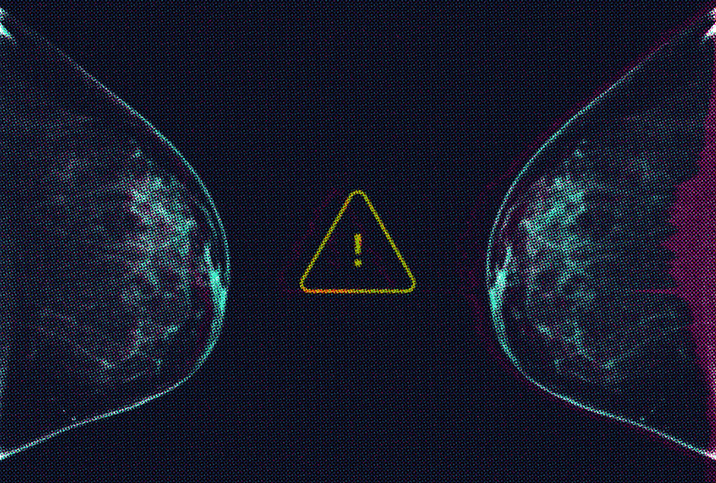What You Can Do Today to Reduce Your Breast Cancer Risk

If you have concerns about breast cancer, you're in good company. And you're smart to consider your chances of developing the disease. Breast cancer is the most commonly diagnosed cancer of all in America.
Fortunately, you can take some steps today to mitigate your risk. Even if you've heard them before, they're all worth revisiting, especially since you can control each one yourself.
Maintain a healthy weight
Being overweight increases your risk for breast cancer, especially after menopause. Adipose tissue—a specialized connective tissue whose main function is to store energy in the form of lipids, or fat—produces hormonal effects that favor cancer growth, particularly in the breast. Also, excess fat cells raise estrogen and insulin levels, which have been linked to breast cancer development.
Losing weight may seem daunting, but research indicates that even losing just 5 to 10 percent of your current weight can offer significant benefits. You should aim to lose 1 to 2 pounds per week through lifestyle changes that you can sustain long term.
The number-one way to protect yourself against breast cancer is by detecting the disease early.
The USDA Dietary Guidelines for Americans 2020–2025 encourages finding a plan that suits your preferences and budget. Focus your meals around:
- Mostly whole fruits
- Whole grains, such as brown rice, oatmeal and barley, from which half of your grains should come
- Lean protein such as chicken, fish and beans
- Vegetables of all types, including dark green, red and orange vegetables
Beverages can be a major contributor to weight gain. Avoid drinking sugar, fat or sodium by opting for choices such as water, coffee, tea or seltzer.
Practicing healthy eating cuts down on your risk of breast cancer, and it also lowers your chances of getting type 2 diabetes, high blood pressure, arthritis and heart disease.
Be physically active
Physical activity lowers breast cancer risk through several mechanisms such as regulating insulin and estrogen, thus making it easier to maintain a healthy weight. The American Cancer Society recommends at least 150 minutes of exercise each week, with strength training two times a week. Moderate activities such as brisk walking, swimming or biking are fun ways to get started.
If you don't currently exercise, working out might feel overwhelming, so here are some easy ways to jump in:
- Choose activities you enjoy or that you've done in the past.
- Make it social by joining a gym or somewhere you can be part of a team sport.
- Partner with someone who can provide support.
- Aim to start with just 15 minutes a day and make goals to add more time until you get to 30 minutes each day.
Exercise can improve your mood, strengthen your bones and help you sleep better. As long as you don't overdo it, there are no downsides to embracing an active lifestyle.
Avoid or limit alcohol
Despite the "health halo" around moderate alcohol consumption, studies continue to link drinking alcohol to higher breast cancer risk.
If you choose to imbibe, be mindful not to exceed the American Cancer Society's recommendations of one alcoholic drink per day. One drink equals 12 ounces of regular beer, 5 ounces of wine or 1.5 ounces of hard liquor.
Strive for early detection
Don't let the fear of bad news keep you from being proactive and setting up regular health screenings. And while the value of breast self-exams has been called into question by a number of medical organizations (not necessarily because women shouldn't be self-aware of any changes to their breasts but because too many women lean on self-exams more heavily than mammograms and physicians' exams), continue carrying them out if doing so puts your mind at ease.
The number-one way to protect yourself against breast cancer is by detecting the disease early. You know your body best, so pay attention to any changes in your breasts and share your concerns with your doctor right away.


















